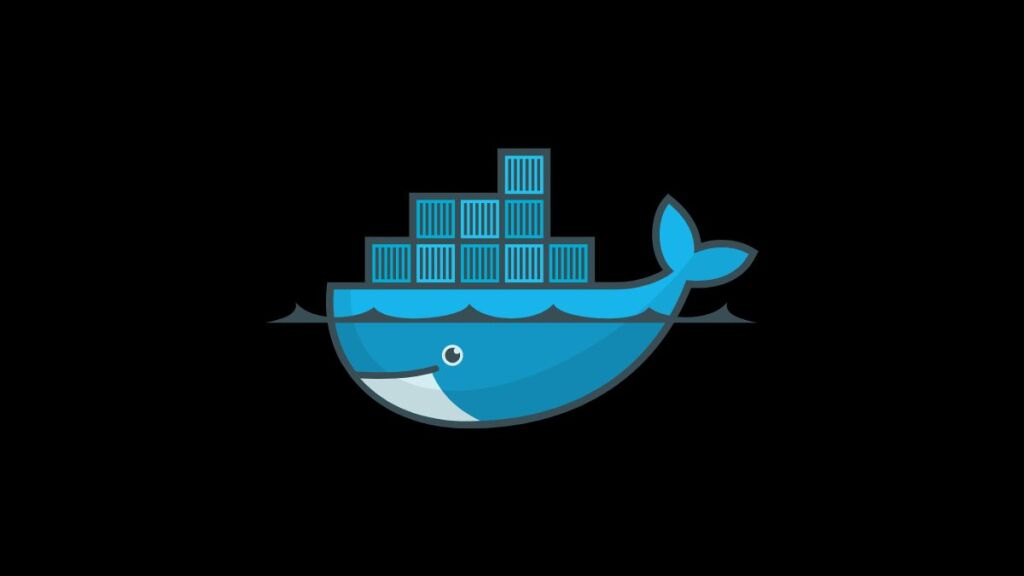Rocket.Chat is a leading open-source communication platform enabling team collaboration, live chat, video conferencing, and file sharing. Its flexibility and extensibility make it popular for businesses and communities seeking a customizable chat solution. For those looking to deploy Rocket.Chat, Docker Compose offers a streamlined and efficient method to get your server up and running. This article will walk you through the process of deploying Rocket.Chat using Docker Compose, ensuring a smooth and hassle-free setup.
Prerequisites
Before proceeding with the deployment, ensure you have the following prerequisites in place:
- Docker installed on your server
- Docker Compose installed
- A domain name (optional, but recommended for production environments)
Step 1: Create a Docker Compose File
The heart of deploying Rocket.Chat with Docker Compose lies in the docker-compose.yml file. This file defines the services, networks, and volumes necessary for your Rocket.Chat server. Here’s an example Docker Compose file to get you started:
version: '3.8'
services:
rocketchat:
image: rocket.chat:latest
command: >
bash -c
"for i in `seq 1 30`; do
node main.js &&
s=$$? && break || s=$$?;
echo \"Tried $$i times. Waiting 5 secs...\";
sleep 5;
done; (exit $$s)"
restart: unless-stopped
ports:
- "3000:3000"
environment:
- PORT=3000
- ROOT_URL=http://localhost:3000
- MONGO_URL=mongodb://mongo:27017/rocketchat
- MONGO_OPLOG_URL=mongodb://mongo:27017/local
depends_on:
- mongo
volumes:
- ./uploads:/app/uploads
mongo:
image: mongo:4.0
restart: unless-stopped
command: mongod --smallfiles --oplogSize 128 --replSet rs0 --storageEngine=mmapv1
volumes:
- ./data/db:/data/db
# MongoDB replica set initialization
# This service's sole purpose is to execute the commands necessary to initiate the replica set.
# It will exit after the commands are executed.
mongo-init-replica:
image: mongo:4.0
command: >
bash -c
"for i in `seq 1 30`; do
mongo mongo/rocketchat --eval \"
rs.initiate({
_id: 'rs0',
members: [{ _id: 0, host: 'mongo:27017' }]
})
\" &&
s=$$? && break || s=$$?;
echo \"Tried $$i times. Waiting 5 secs...\";
sleep 5;
done; (exit $$s)"
depends_on:
- mongo
networks:
default:
external:
name: my-networkThis configuration sets up Rocket.Chat to run on port 3000 and uses MongoDB for storage. It also includes a service to initialize MongoDB as a replica set, which is required for Rocket.Chat.
Explanation of Key Components:
- rocketchat: The main Rocket.Chat service running the latest Rocket.Chat image.
- mongo: The MongoDB service configured to run as a replica set, which is necessary for Rocket.Chat’s data storage.
- mongo-init-replica: A temporary service that initializes the MongoDB replica set. It exits once the replica set is initialized.
Step 2: Run Docker Compose
With your docker-compose.yml file ready, deploy Rocket.Chat by running the following command in the same directory as your Docker Compose file:
docker compose up -dThis command will start all the defined services in detached mode.
Step 3: Accessing Rocket.Chat
After the containers have started, you can access Rocket.Chat by navigating to http://localhost:3000 or http://<your-domain-name> if you’ve configured a domain name. Follow the on-screen instructions to complete the setup of your Rocket.Chat server.
Conclusion
Deploying Rocket.Chat using Docker Compose simplifies setting up a robust communication platform for your team or community. By following the steps outlined in this guide, you can have a Rocket.Chat server running in minutes, leveraging the power and flexibility of Docker containers. Whether for business communication, community building, or team collaboration, Rocket.Chat offers a versatile solution that meets the diverse needs of its users.
- Car Dealership Tycoon Codes: Free Cash for March 2024 - April 9, 2024
- World Solver - April 9, 2024
- Roblox Game Trello Board Links & Social Links (Discord, YT, Twitter (X)) - April 9, 2024

